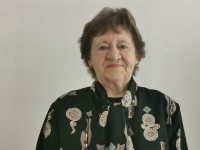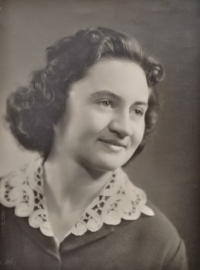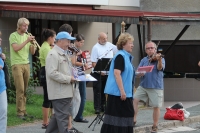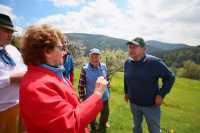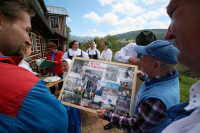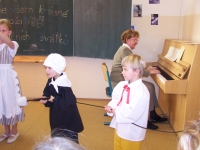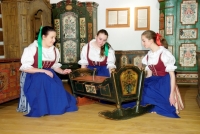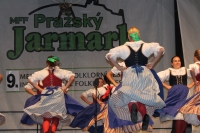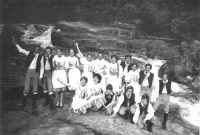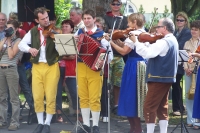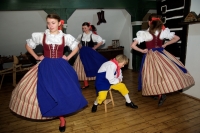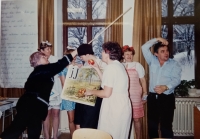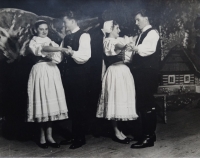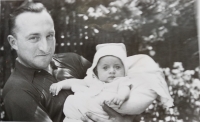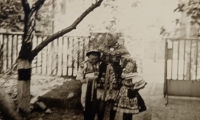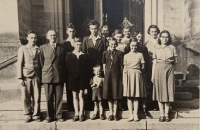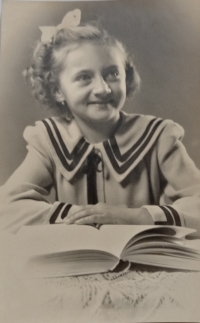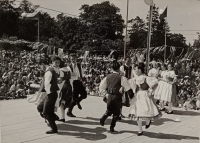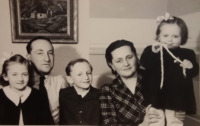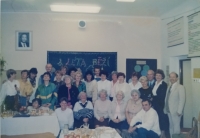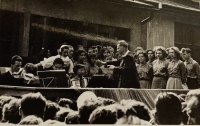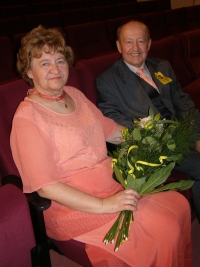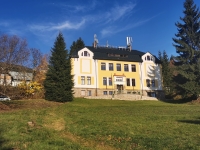Špindleráček is our second child

Download image
Jana Tauchmanová, née Koutníková, was born on April 8, 1941, in Brno. In her childhood, she learned to play the piano and sing from Kapráls, a well-known Brno musical family. At the age of nine, she and her family moved to Vrchlabí. Jana immediately started participating in the work in the local ethnographic collections Krakonoš and Hořec. She established close personal long-term contacts with the Krkonoše writer and fairy tale collector Maria Kubátová. Initially, Jana wanted to study piano and singing. Still, in the end, she decided differently: after obtaining a pedagogical education, she briefly taught at the Czech Pioneer School in Seč, then in Vrchlabí, and then for 37 years at an elementary school in Špindlerův Mlýn. Together with her husband, František Tauchman, who directed the school until 1968, they founded and led the Špindleráček folklore group during the normalization period. From modest local beginnings, with hard work and enthusiasm, they developed into an ensemble that performed successfully at home and abroad. It had a singing, dancing, musical, solo and storytelling section. Mr and Mrs Tauchman were its soul for 41 years. They influenced generations of local children and adults. Špindleráček is still active today, since 2013, under the direction of Ctibor Vrabec, a member of the ensemble’s dance section. In 2022, it celebrated its 50th anniversary.
